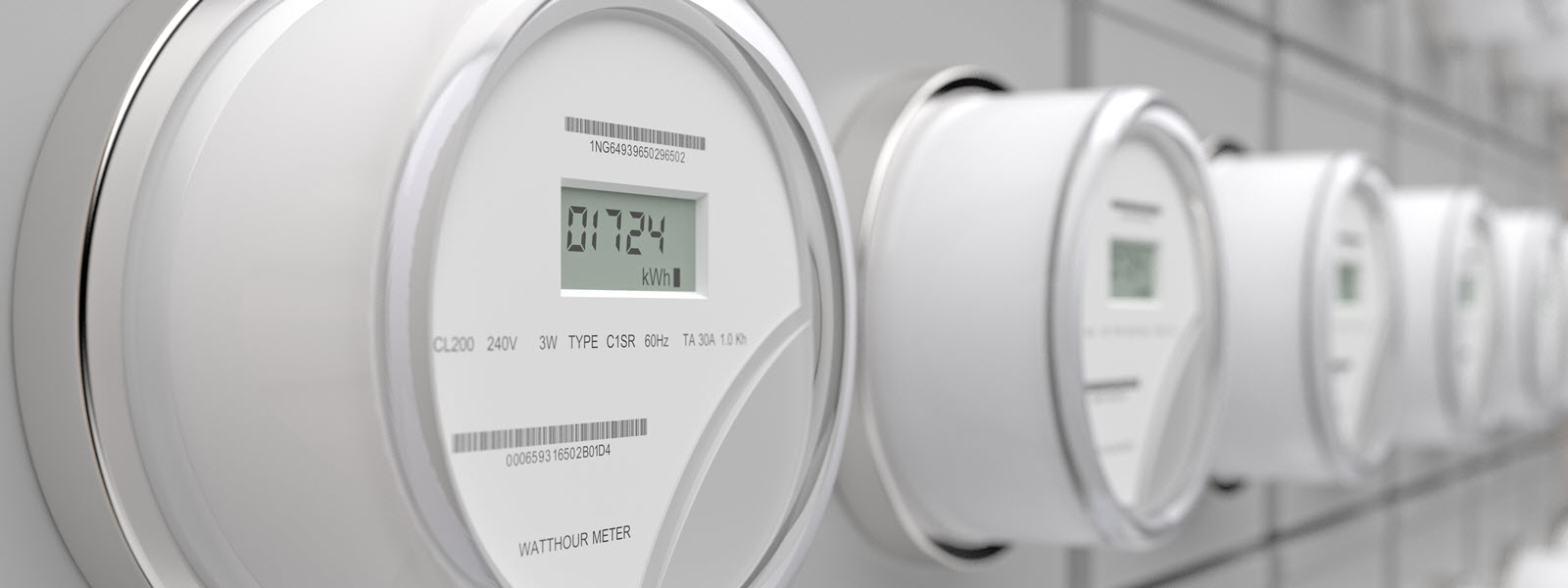Our world thrives on power. Energy keeps our daily lives going. Whether its coal, gas or electricity, we always need power. Like He-Man said, “I have the power!” However, power isn’t unlimited and also requires great care from the companies providing it.
Utilities companies are currently overhauling their systems to provide more efficient power systems and grids to their customers. It’s easy to agree that companies are becoming more effective through the increasing use of smart grids and meters. Newer technologies are creating a lot of efficiencies for them and their customers.
A report from Navigant Research indicates that the annual utility revenue opportunity in smart cities is expected to reach $100 billion by 2027. Areas such as electric vehicle (EV) charging infrastructure and services, smart street lighting, smart buildings, distributed energy resources (DER), and smart city communication networks, offer companies new opportunities.
Take a look below at three key smart technologies delivering positive changes for utilities companies and their customers.
Smart Meters
- Power companies are deploying smart meters to monitor consumer usage, subsequently adjusting prices in accordance with the time of day and season for more accurate energy bills. MarketWatch
Smart Grids
- The International Energy Agency estimated that the U.S. would need to spend $2 trillion by 2035 on grid technologies. Gineersnow
- Dubai Electricity and Water Authority (DEWA) has inaugurated a smart grid station (SGS) in Al Ruwayyah. This smart grid uses a variety of technologies to generate power through renewable sources; such as solar and wind power. It also maximizes energy efficiency through real-time monitoring and control systems.
Smart Buildings
- It is predicted that the global smart home market will reach $155 billion by 2023. Business Wire
- Smart buildings reduce energy waste and operational costs by measuring energy use, pinpointing operations and maintenance problems, automating lighting and thermostats, and tracking building performance. This improves sustainability, saves energy, and helps create a better environment for building occupants. EEI
You might be asking yourself now, why the change? Why are we using smart meters?
The Benefits of Using Smart Meters
- Better monitoring of the electric system
- More balanced electric loads for reduced risk of blackouts
- Ability to connect with customers and reduce energy use during peaks
- Improved allocation of energy, which reduces the need for new power plants
- Fewer people required to analyze usage and bill customers
- Faster identification of when and where outages occur
Ultimately, there are infinite reasons why companies are switching to smart technologies. Customers benefit from the change, and the reduced costs for the utilities companies can translate into lower rates for everyone, thus nurturing their experience to build loyalty.

